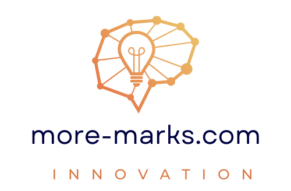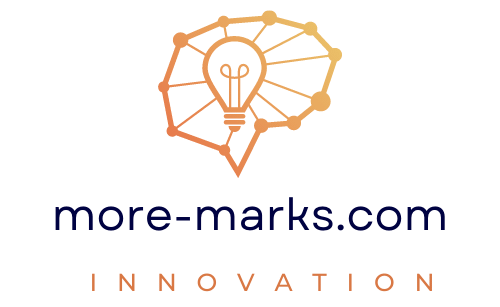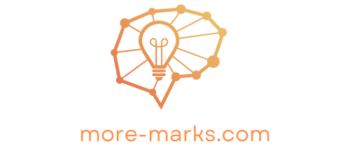Q1
Form the greatest and the smallest six-digit number using the given digits only once: 3, 5, 7, 1, 8, 2.
Q2
Ravi spent Rs 6230 on groceries and Rs 15789 on electronics. Round off each number to the nearest thousands and find the total estimated amount that he spent.
Q3
Using a suitable property, find the value of 7500 – 997.
Q4
Fill in the blanks with the correct answer: a) LCM of two prime numbers is ___________. b) Smallest composite number is ___________. c) An example of an even prime number is ___________. d) 42 can be expressed as the sum of two prime numbers as ___________.
Q5
In the following questions, a statement of Assertion (A) is followed by a statement of Reason (R). a) Both A and R are true and R is the correct explanation of A. b) Both A and R are true but R is not the correct explanation of A. c) A is true but R is false. d) A is false but R is true. Assertion (A): 29 and 31 are twin primes. Reason (R): Twin primes are a pair of primes that have a difference of 2.
Q6
A certain number of chocolates can be divided equally among 2,3,4, and 5 family members. What is the least such number?
Q7
The school is organizing a trip to a museum. The museum offers a group discount of Rs 2500 if more than 25 students attend. The original ticket price is Rs 2000 per student. a) If 35 students decide to go, how much money will the school need to collect considering the discount? b) How much money will each student pay to the school? c) A bus consumes 12 liters of petrol for the trip. How much will be the total cost of the petrol consumed if one liter costs Rs 85.75? d) How many hours will the bus take if it travels at an average speed of 60 km/hour and the total distance to be covered is 180 km?


